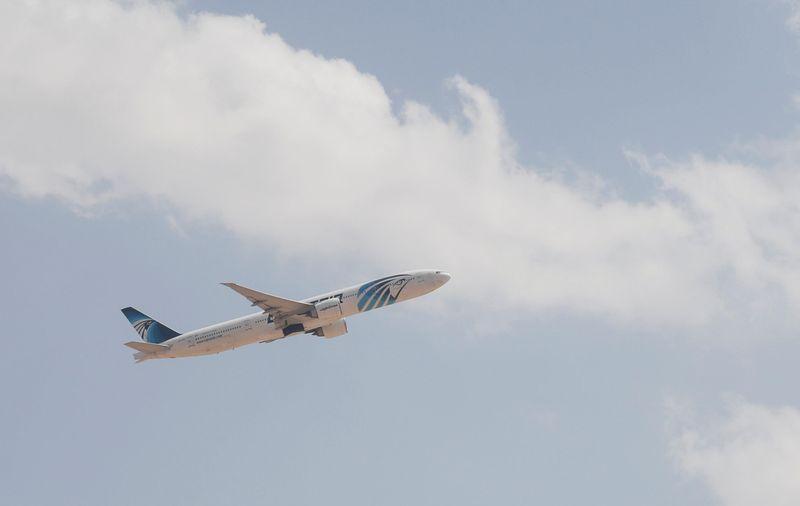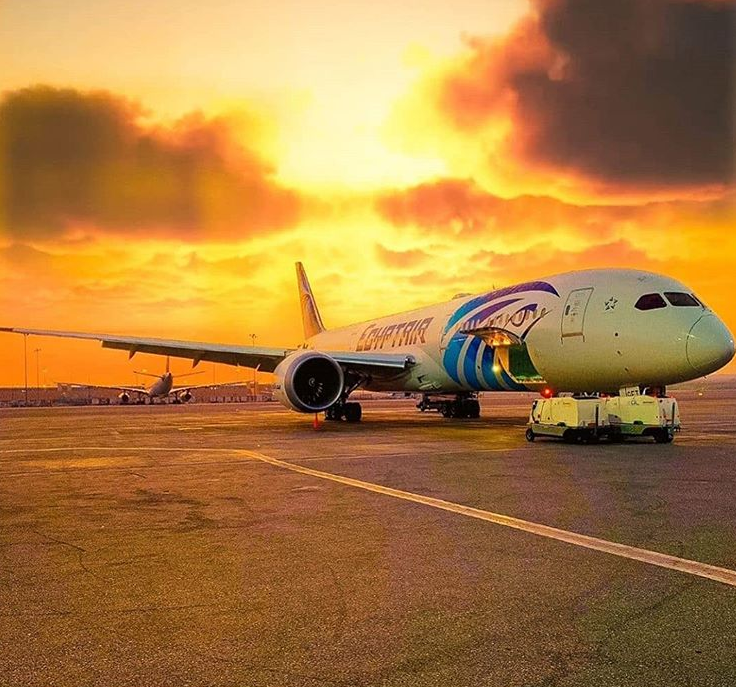
IRBIL, Iraq (AP) — Iraq’s self-ruled Kurdish region was holding long-delayed parliamentary elections on Sunday, a year after a vote for independence sparked a punishing backlash from Baghdad, leaving Kurdish leaders deeply divided.
More than 700 candidates are vying for 111 seats in the elections, in which nearly 3.5 million Kurds are eligible to vote. Eleven seats are reserved for religious and ethnic minorities: five for Christians, five for Turkmen candidates and one for the Armenian community. Polls close at 6 p.m. (1500 GMT), and it is not clear when the results will be announced.
The last parliamentary elections were in 2013, but the assembly stopped meeting in 2015 amid internal political tensions and the war against the Islamic State group. The political deadlock also delayed new elections, which were originally planned for last November.
Kurdish politics have long been dominated by Masoud Barzani’s Kurdistan Democratic Party and the rival Patriotic Union of Kurdistan, which is riven by infighting. Those two factions are expected to win the lion’s share of the vote.
By noon, turnout was low, with many blaming the regional election commission’s new requirement that voters show two forms of ID. Bashdar Ali, an observer from the Shams Network for Election Observation in Iraq, said the commission issued the guidelines late Saturday night.
Iraq’s Kurds established a regional government in 1992 after the U.S. enforced a no-fly zone across the north following the Gulf War. After the 2003 U.S.-led invasion that ousted Saddam Hussein, the Kurds secured constitutional recognition of their autonomy and gained more power.
Since then, they have been at loggerheads with Baghdad over rights to develop and to export oil and gas as well as the so-called disputed territories — lands stretching from the Syrian border to Iran that the Kurds claim as part of their autonomous region, including the northern city of Kirkuk, a major oil hub.
The Kurds took control of Kirkuk and other disputed territories in the summer of 2014 as the Islamic State group rampaged across northern and central Iraq. But after last September’s referendum, in which more than 90 percent voted for independence, federal forces retook Kirkuk and other areas with only scattered fighting. The loss of the disputed territories was a major blow for Barzani, who had championed the referendum.
The Iraqi government rejected the referendum, as did Iraq’s neighbors and the international community, including the United States. The Baghdad government, as well as neighboring Turkey and Iran, shut down the Kurdish region’s airports and border crossings in response to the referendum. They were reopened after a federal court dismissed the referendum.
The fallout from the referendum has left Kurdish leaders bitterly divided, and has exacerbated a long-running financial crisis in the region, fueling widespread anger at the main Kurdish political parties.
“What I am hoping for is to have a better life,” Ismail Mohammed said after voting. “I am a retired man but I am asking that they fix the salaries for everybody, not only me — for all the government employees and the poor people.”
Ali Arab Sultan, a teacher, said voting is a “national and religious duty, so that we may have a better future.”
“Let’s hope that God will change the current situation into a better one,” he said.




